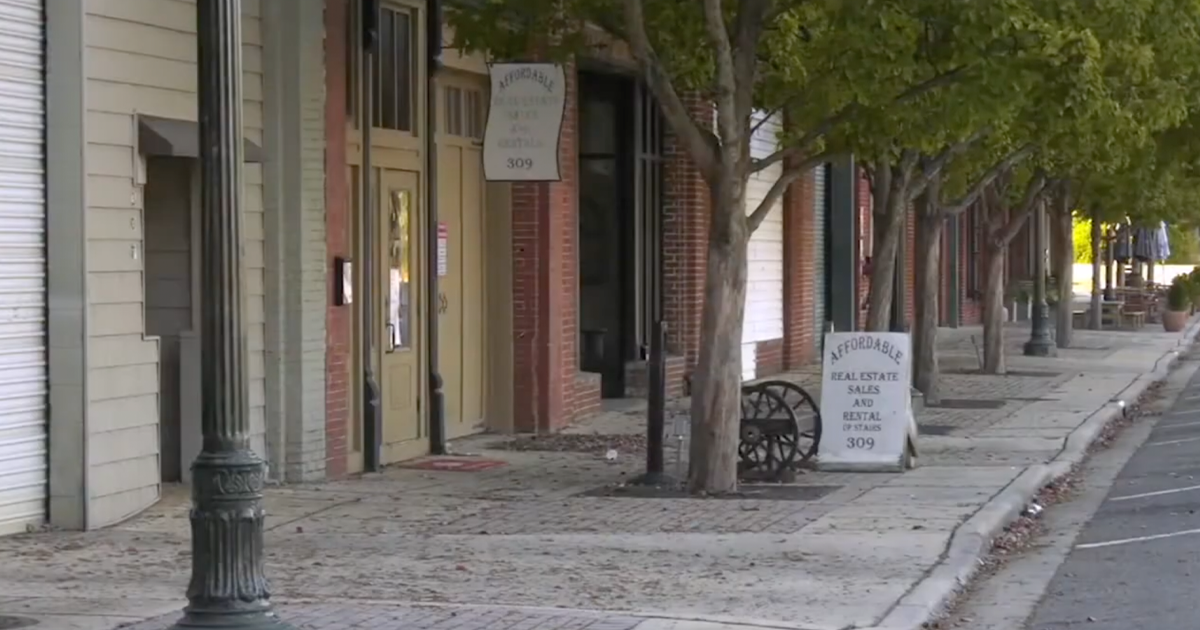Athens, GA
Rural Georgia is the lifeblood of our state, and in recent years has seen its fair share of ups and downs which is why conversations like those at this year’s Rural Prosperity Summit are so important. Georgia Chamber’s Chris Clark kicked off the event speaking on the recent growth rural areas here in the state have seen, as he believes people have started to see the value in rural areas.
“When we compare where Georgia was in 2015, 2016, 2017 to where we are today; it’s been a remarkable rebound, particularly for rural population,” says Chris Clark, President of the Georgia Chamber of Commerce. “I mean, yes, we still have some counties that have lost some population, but it’s a dramatic increase. Whereas seven or eight years ago we were looking at a hundred forty counties that lost population. Today, you’re looking at maybe forty or fifty. So just an incredible return, I think. You know, we don’t like COVID. We’re happy. We’re not happy about it at all. But one of the good things is it reconnected people to their hometowns, to rural communities. And we’re seeing the benefit from that.”
However, that growth has created its own set of challenges, like the challenges with our state’s infrastructure, to which Clark believes needs continued investment but needs to be approached and discussed more broadly.
“Yes. We’re going to need to invest in roads, bridges, railroads, so we can move our goods and products and our commodities to and from the ports. Absolutely vital. Right now, we expect the ports of Brunswick and Savannah about to increase by 40-50 percent in the next ten years. Where’s the road infrastructure? In the rail infrastructure to move those around? You got to think about broadband. Right now, about fifteen percent of rural Georgians don’t have access to high-speed Internet. Let’s fix that. Let’s move it on. I think we also need to think about infrastructure as health care. If we don’t have good health care in your communities, you’re not going to be there. I’m not going to be there. Young families aren’t going to be there. So, I just believe we have to think very broadly about infrastructure. But we’re going to have to have some big conversations in Georgia over the next five years about how we make these investments,” says Clark.
Of course, you can’t have a conversation about rural Georgia without including agriculture, to which Commissioner Harper spoke about the industry’s strengths and weaknesses and what needs to change for ag to continue to prosper.
“I think when you talk about rural prosperity, I think you have to understand that agriculture is rural prosperity. Without agriculture, you can’t have prosperity in rural Georgia and there are a lot of challenges from the retail dollar back to the family farm,” says Tyler Harper, Georgia’s Commissioner of Agriculture. “The decline we’ve seen in that, the challenges we see in the labor market and getting the needed labor we need for us to be successful in agriculture. When you talk about labor, it’s labor on both ends of the spectrum. It’s labor on the end of the spectrum that we need the help in the fields, but it’s also the labor on the technology side. Having those that understand the technological advancements we’ve seen in agriculture, those challenges are rising input costs, trade issues, inflation. Those things are things that we face on the farm every single day.”
According to Clark, rural communities and agriculture go hand in hand and believes that those communities will never thrive unless the state’s ag industry remains successful.
“If our farmers aren’t doing well, our rural communities don’t do well, they go hand in hand. There’s no daylight between the two of them. When we see farming do well, we’re seeing farmers and farm families do well, and we’re seeing ag processors move into those rural communities. They thrive and do well when they suffer, like we saw in the eighties and in the early nineties. Those communities don’t do well, and so I think they’re intrinsically linked,” says Clark.
By: John Holcomb

